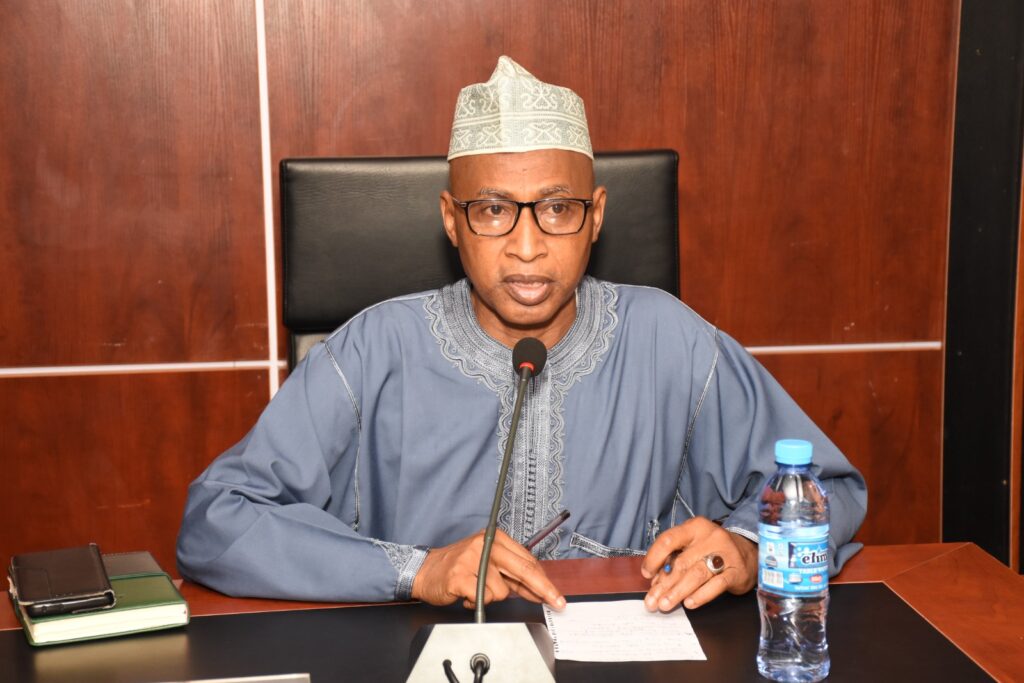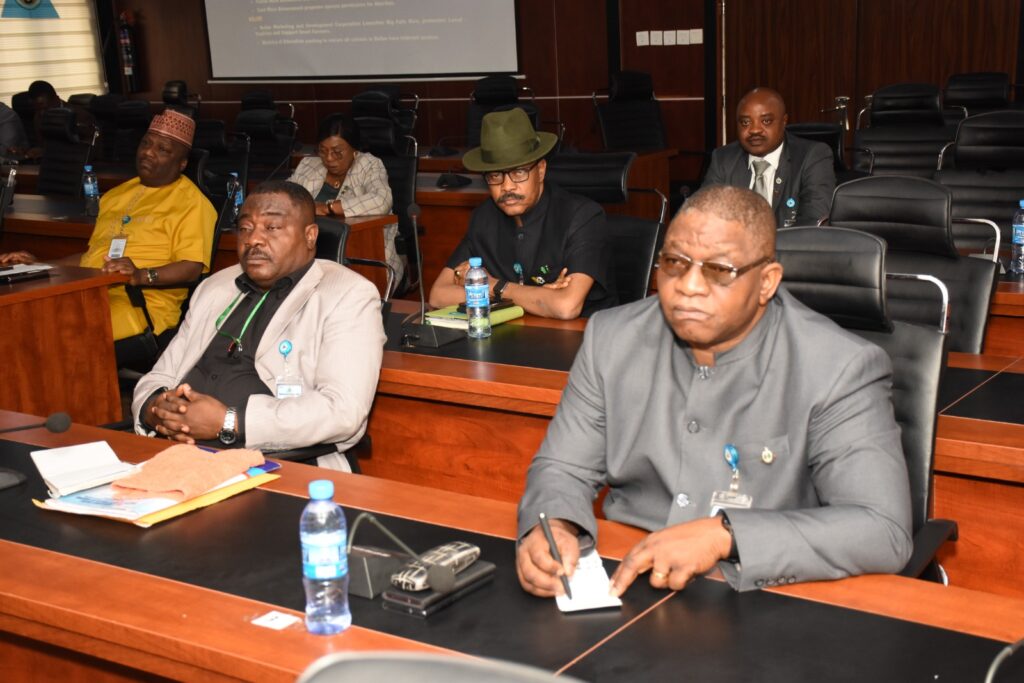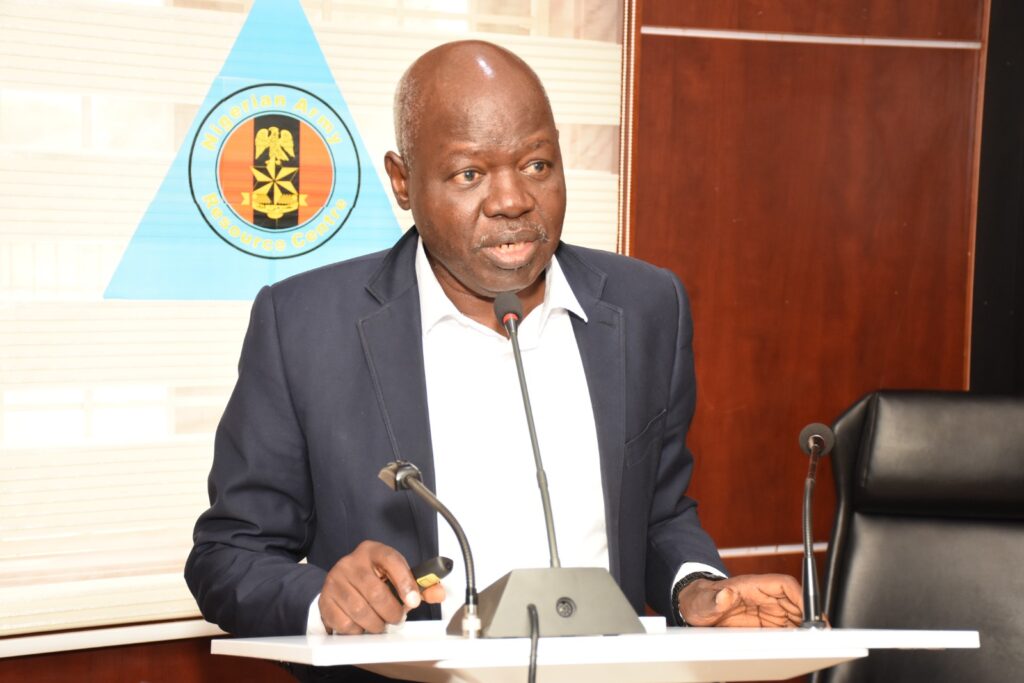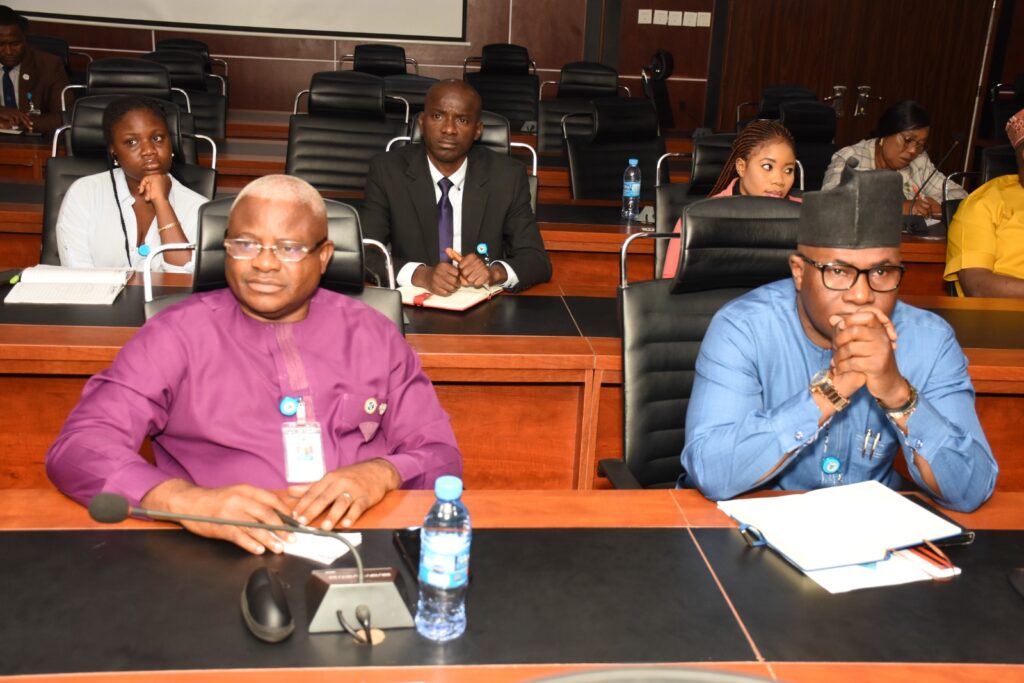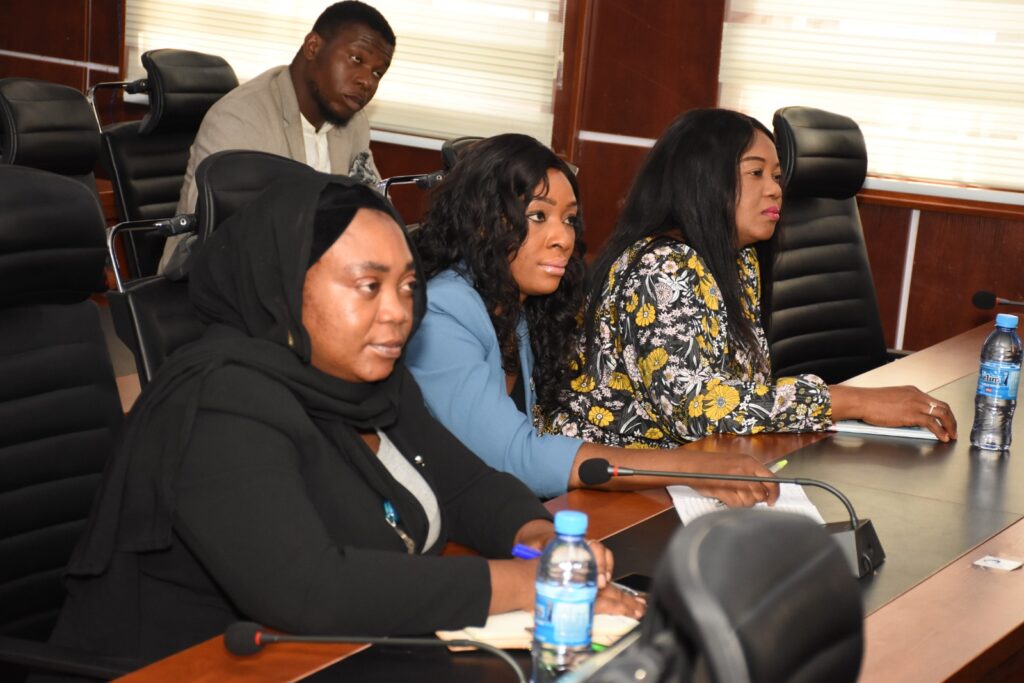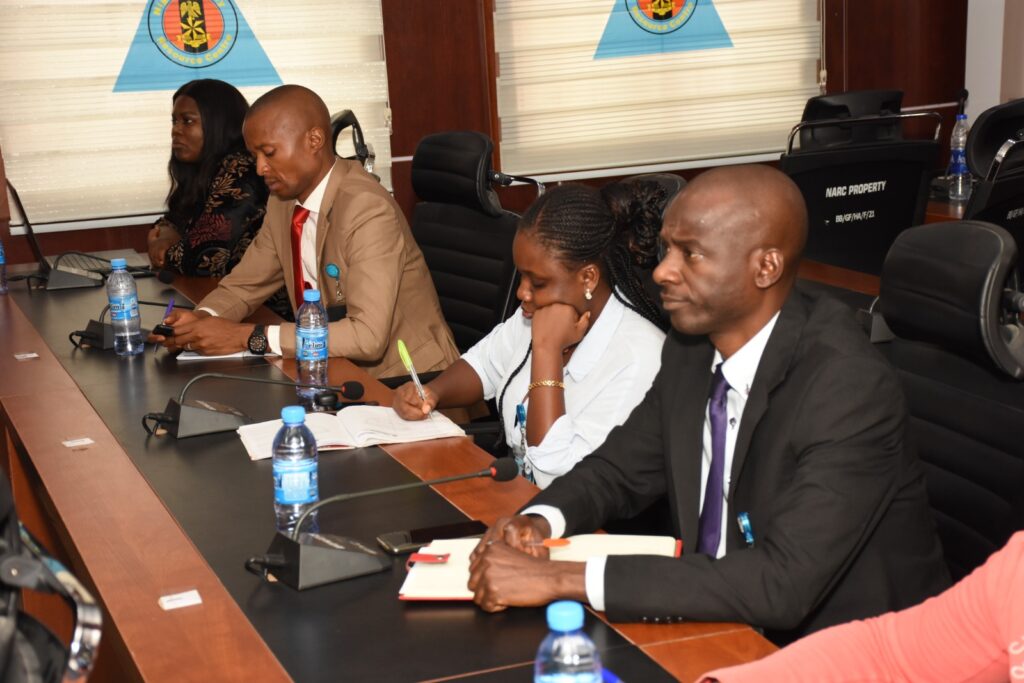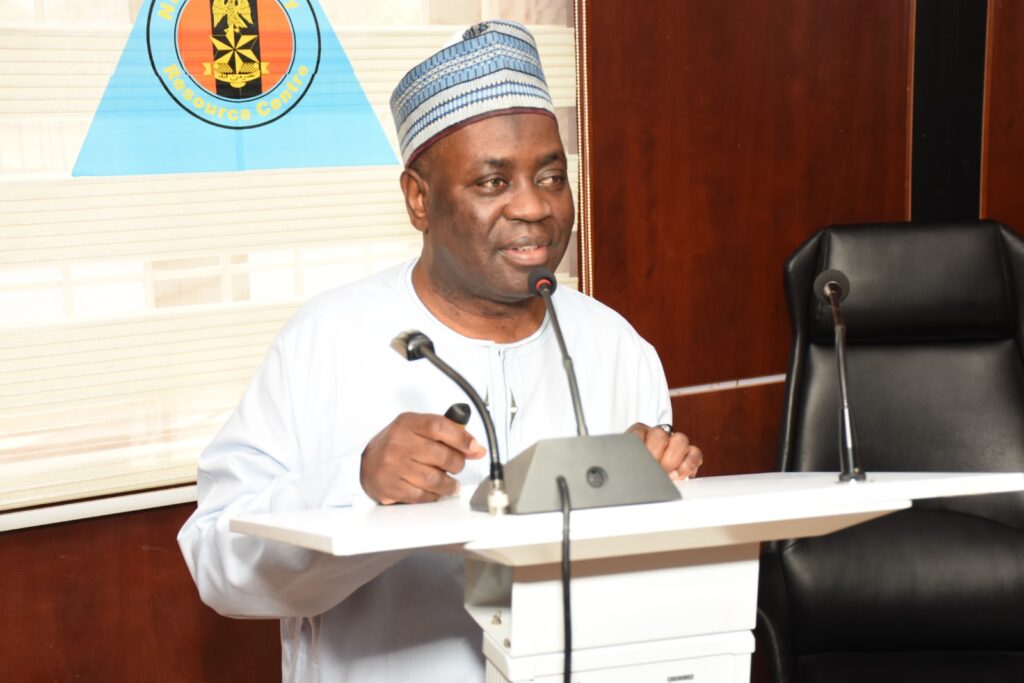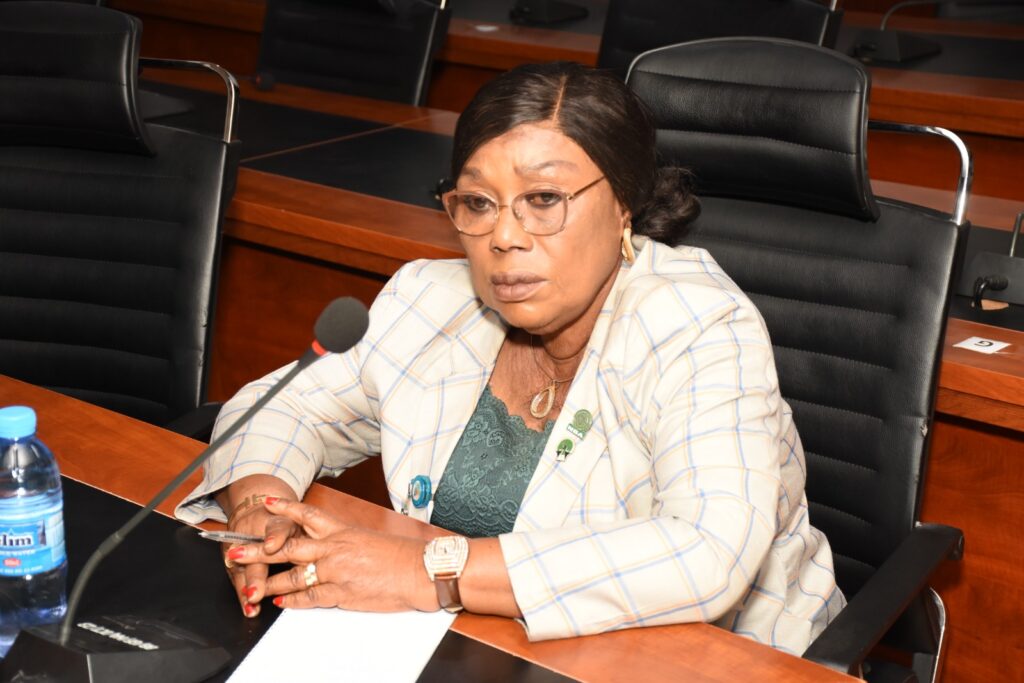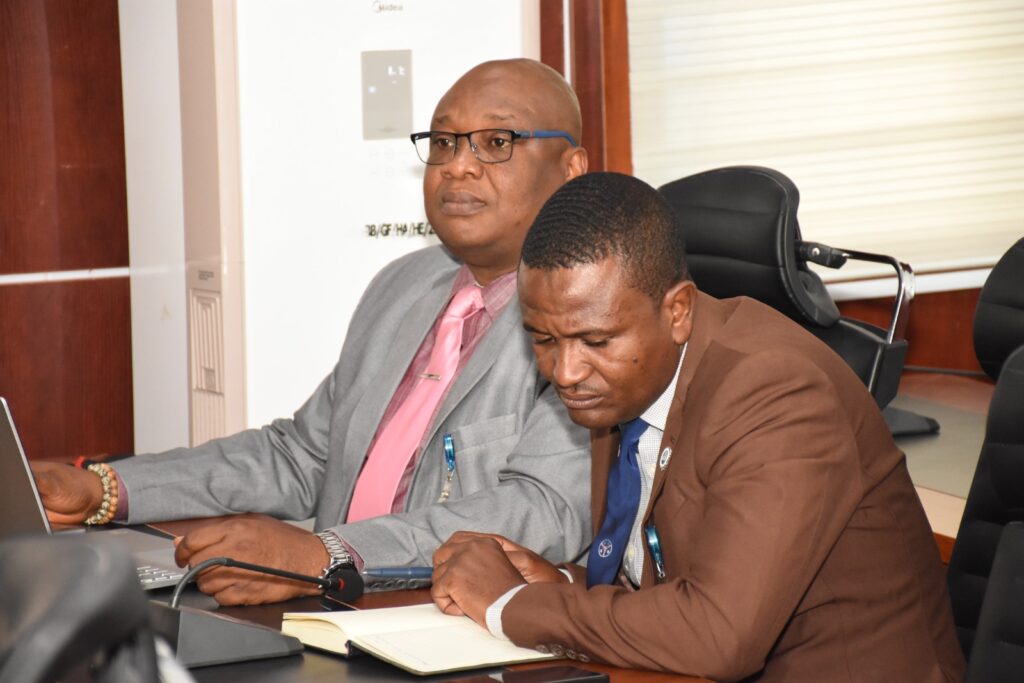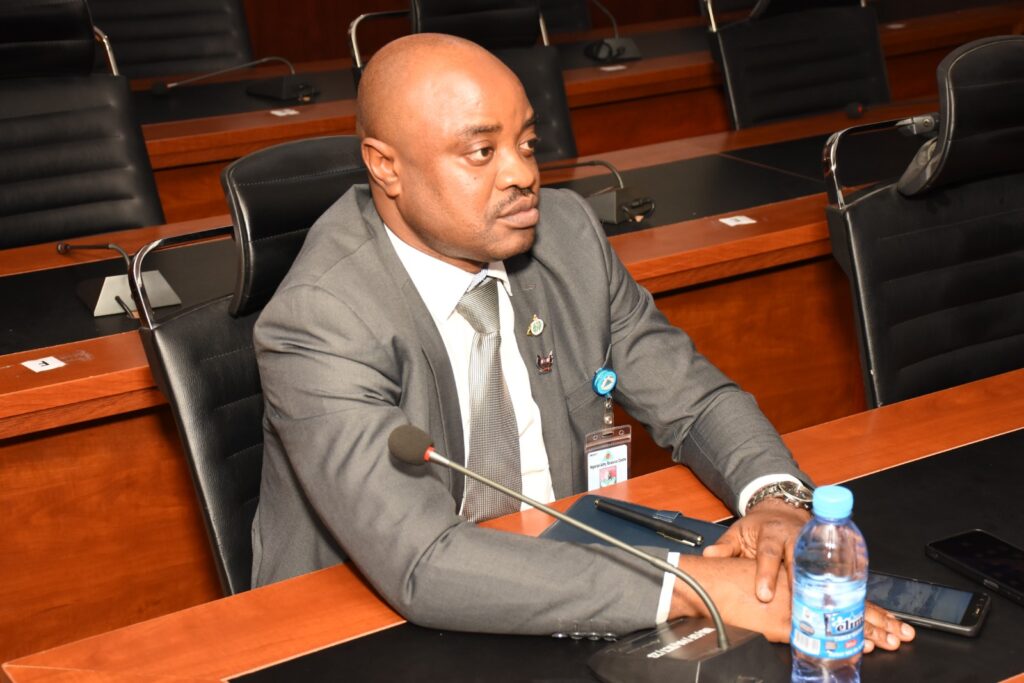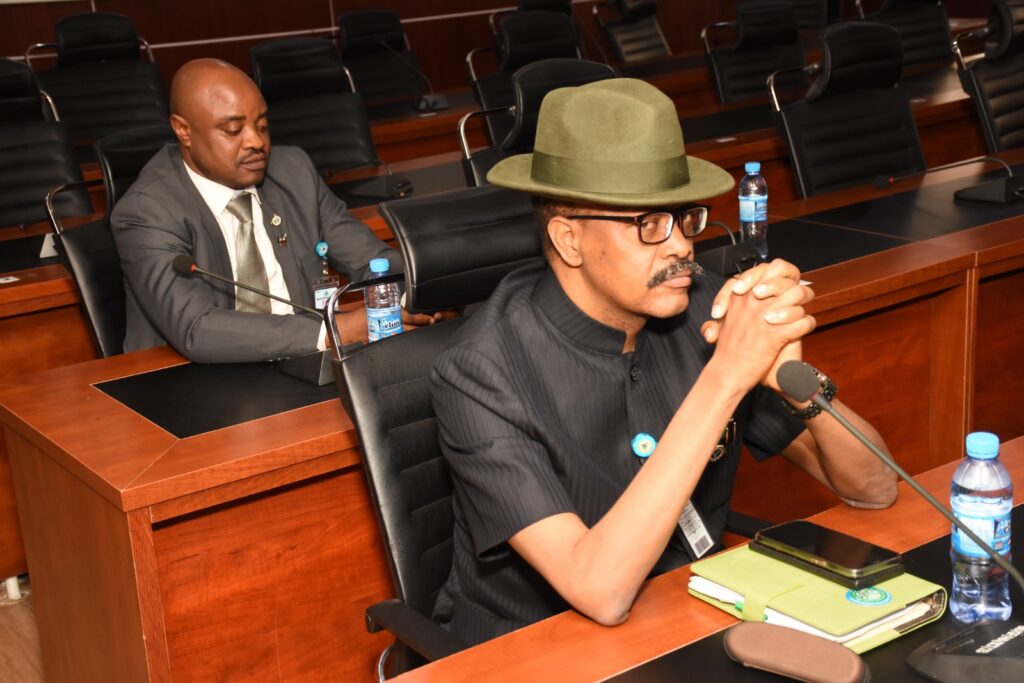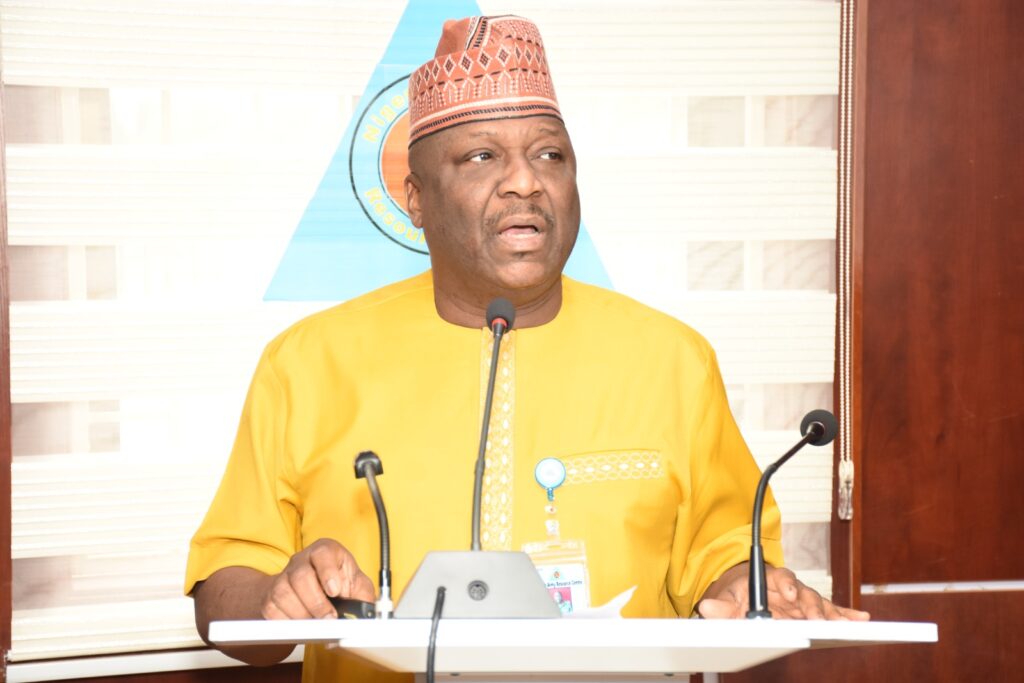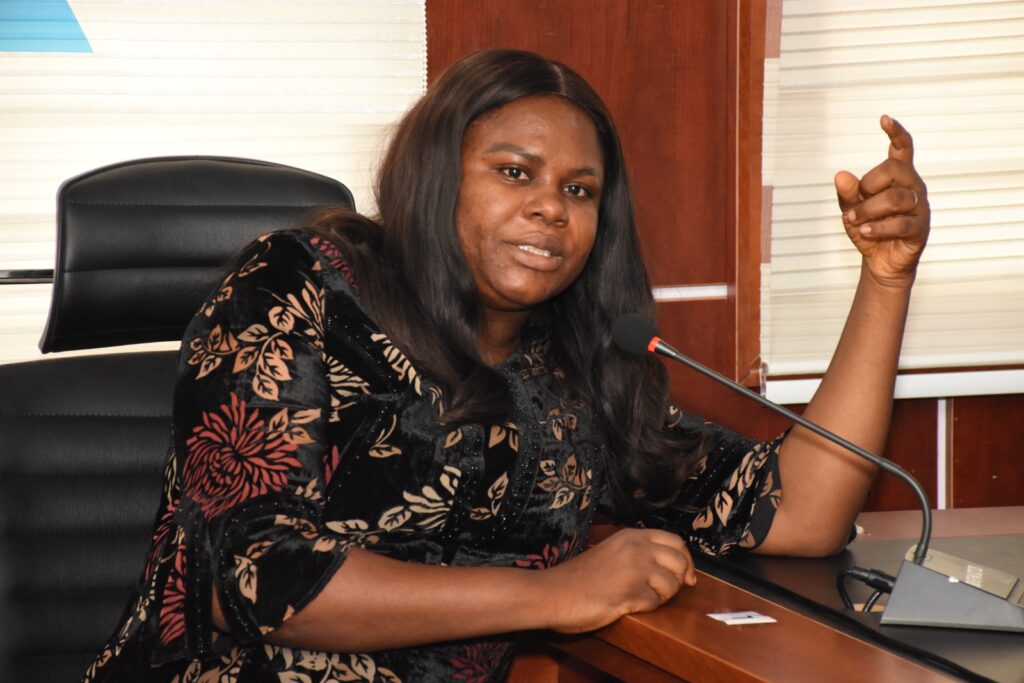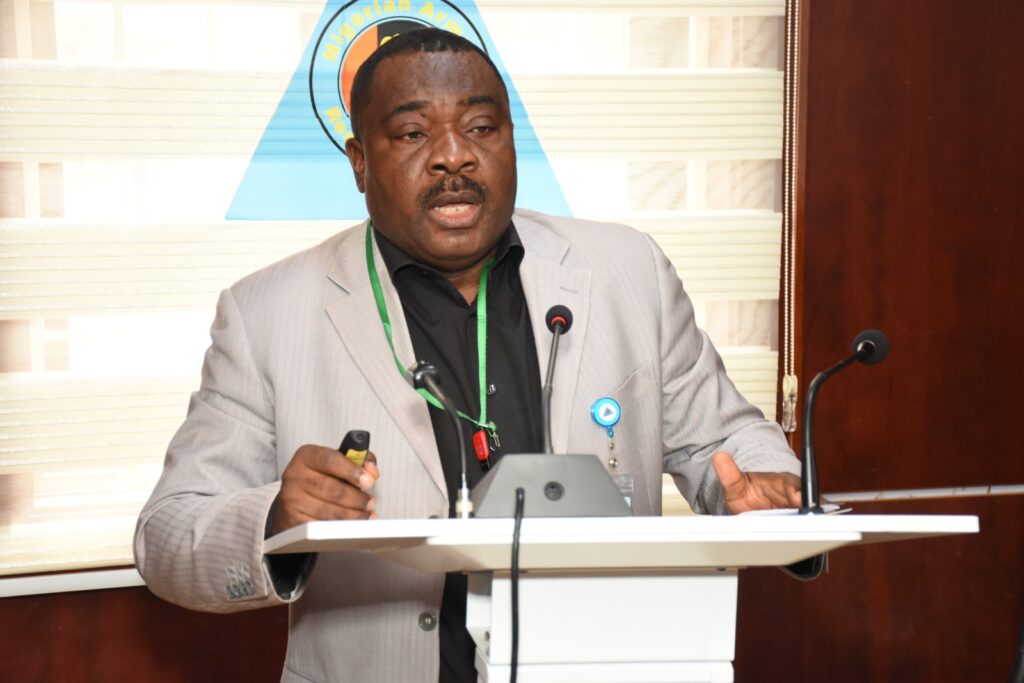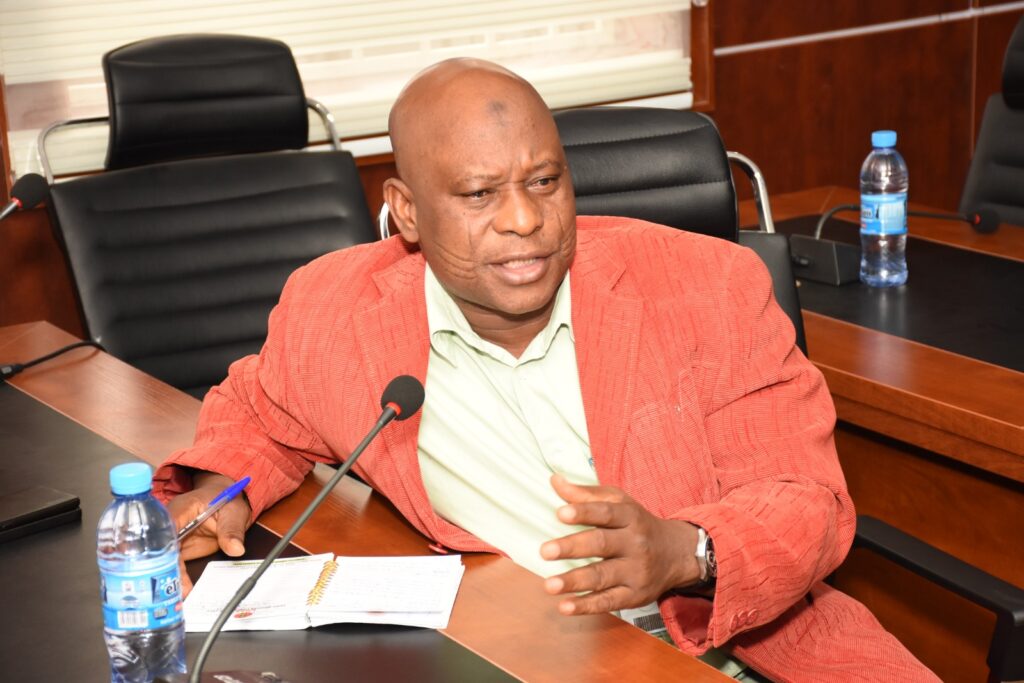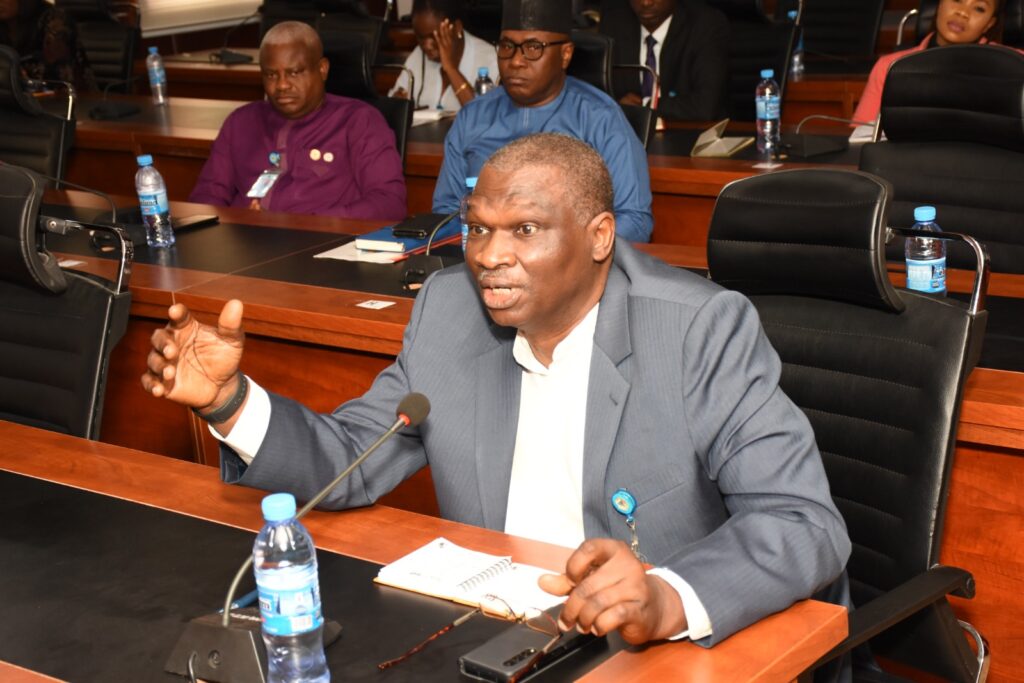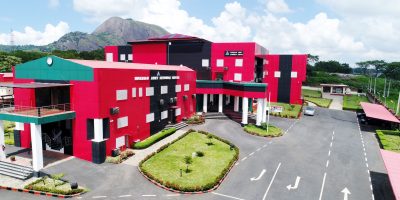Today’s edition of the Nigerian Army Resource Centre (NARC) Weekly Subject Experts’ Presentation was held at Hall A, TY Buratai Block, Abuja. were four presentations made by the Subject Experts covering Central American Region, Indian Sub-continent, Western Europea and UK and West Africa including the Gulf of Guinea.
The first presentation was delivered by Maj Gen AB Adamu Subject Expert for Central American Region. The presentation focused on the El Salvador approval of emergency rules to round up suspected gang members. He said this came up as a result of long struggled to contain the brutal gang violence that has dominated daily life of its people for decades. He said the country suffered extortion, kidnapping, murder, smuggling and other brutality that persisted since the late 1990s due to social economic and political instability left by civil war.
In his analysis and lesson for Nigeria, General Adamu noted that, Nigeria also has a significant gang problem which rose to prominence in 1980s owning much to globalization of worlds economics and high level of lawlessness and corruption in the country. To address this issue, he said Nigeria will require a comprehensive approach that include the effort to find the root cause of gang activity. He also advocated for strengthen law enforcement and justice system to promote economy and political instability.
The second presentation was made by Brig Gen OD Donibo Subject Expert for Indian Sub-Continent. The senior officer’s presentation amidst others headlines dwelled on Pro-Khalistan supporters abuse on journalist outside Indian embassy in the US Capital. He noted that, the abuse on the journalist was carryout by the Khalistan supporters movement which are separatist movement seeking a sovereign state. He added that the movement was regarded outlawed in Indian and considered a grave national security threat by the government.
While analysing and lessons for Nigerian, General Donibo noted that the Khalitan movement bears a striking similarity to the IPOB agitation. According to him IPOB and other separatist groups have been fighting a law-level guerilla conflicts in the south eastern Nigeria against the federal government feeling that they could not longer co-exist within the entity call Nigeria as a result of perceived marginalization.
He theefore recommended among others that the FG should encourage the disarmament of all militia groups in the country.
The third presentation was made by Maj Gen GB Audu, Subject Expert for Westhern Europe and The UK. His presentation centered on the garbage piles up in Paris as opposition to pension reform continues. He said the 5.600 metric tons of uncollected garbage littered the sidewalks of Paris as a result of workforce strike for two weeks protesting against a major pension reforms that has been signed into a law by Macron.
Major General Audu noted that solid waste has become a critical issue in Nigeria, where piles of wastes are often found by roads, rivers and many other open spaces in cities. He note that this is causing significant health and environmental problems. He attributed problem to increase in urban population growing which he saidb is on alarming rate. He however recommended among others that the federal environmental protection agency and the federal capital development authority to develop an integrated and sustainable system for waste management in the country.
The Last presentation was made by Brig Gen OF Ohunyeye, Subject Expert for West African and Gulf of Guinea. The General’s presentation discussed a report about how the Mali’s Junta Leader Present New Constitution Amendment Project after Postponing Constitutional Referendum Scheduled For 19th March 2023. He said in an effort to promote mali’s new draft constitution for general acceptance, the mali’s leader asserted that religious leaders, politicians and civil society inputs, contributions in proposed constitutional amendment activities is very imperative.
Gen Ohunyeye noted that in Nigeria the authority responsible for the amendment of the constitution is derived from section 9 of the 1999 constitution, which provides that an amendment may be proposed with a two thirds majority vote in both the senate and the house of representatives and subsequently approval by a resolution of the houses of assembly of not less than two thirds of all the federating states.
Present at the briefing was Maj Gen KI Mukthar who represented the DG, Senior Research Fellows, Research Fellows, Consultants, Senior officers, and other staff of the Centre.
